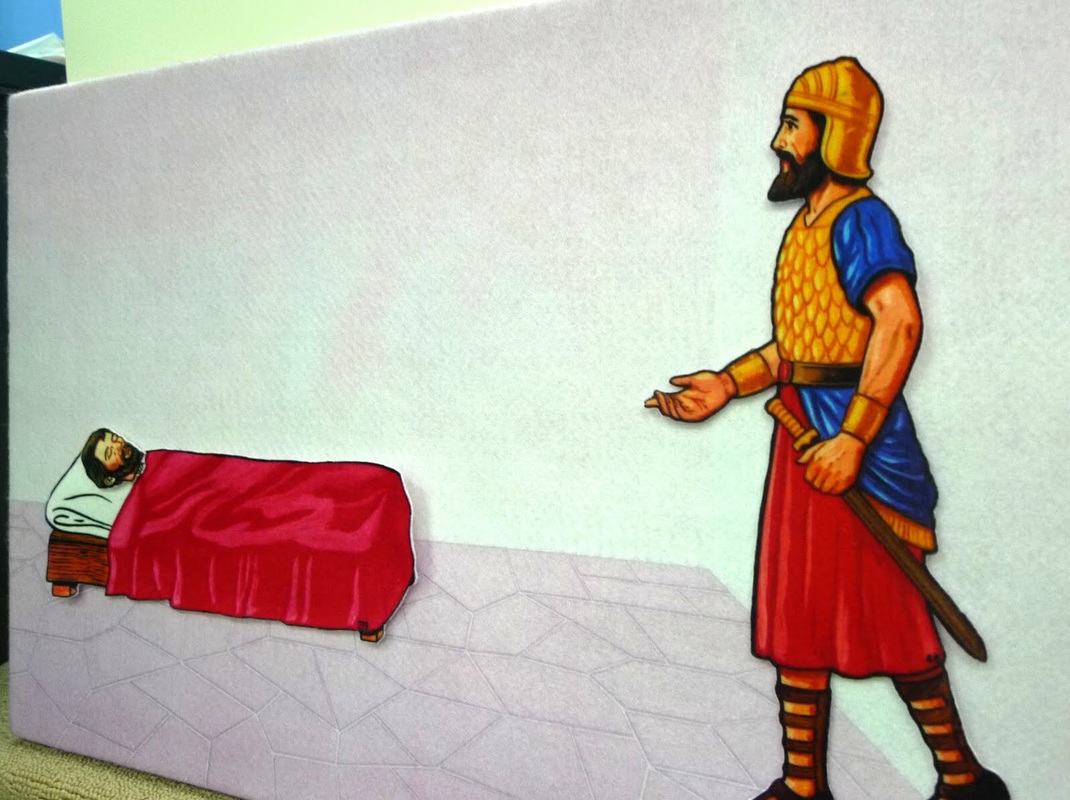Luke 7:1-2 HCSB I'll soon be teaching through Luke chapter 7. I started teaching through this gospel a few years ago and have made it all the way through chapter 6. Chapter 6 changed my life, specifically verse 20 to the end of the chapter.
I've been reading Luke 7 for quite some time now in preparation for my teaching, and I've decided to get a jump start on the text by chronicling my thoughts here. So this will be the "Matthew Janzen Commentary on Luke 7" I guess. Verse 1 has Yeshua concluding all of his sayings recorded in Luke 6:20 onward. He then enters the city of Capernaum, or as it was known then, Kafar-Nahum, meaning "Village of Comfort." I've got a friend of mine that has taken a few lengthy trips to Israel; he, his wife, and seven children. I remember him telling me a story about a fellow there, I believe it was some sort of guide, sharing about a city, the city of Kafar-Nahum. My friend told this guide that he'd never heard of that city or seen it in Scripture. Little did my friend know that the city he was accustom to calling Capernaum was nothing but a butchering of the actual Hebrew name Kafar-Nahum. So Yeshua enters this city, a city in the area of Palestine, and Luke tells us of this slave of a centurion. A centurion was a Roman officer that had about 100 men under his authority. Centurions were themselves under authority (as we will later see in this section), but were nonetheless the authority themselves over 100 soldiers. The main point I want to focus on in Luke 7:1-2 is the fact that this centurion had what the verse calls a slave. We hear the word slave today and all kinds of thoughts pop into our head. We think of harsh slavery, civil rights, we may even wander back to the exodus of the Israelites from their slavery to the Egyptian taskmasters. But here, we see that this slave of the centurion was highly valued. He was special. He was so special that the centurion wanted his sick slave to be made well. The centurion didn't want his slave to die from this sickness. I get the feeling from the verse that this wasn't because the centurion wanted to beat him to a pulp with work, but rather because the slave was loyal to his master. The slave was highly valued by his master. The master took good care of his slave. At these points in reading Scripture we must not force what we've been taught to contradict the text. Sometimes we do this subconsciously. What I mean is that we generally think of all slavery as wrong. We hear the word slavery and we think "that is terrible." It is true that slavery can be a terrible thing, but according to this verse there is a form of slavery that is quite acceptable. The centurion had a slave, a servant. This servant served his master, did it well, and was valued because of this. The servant was taken care of, housed, fed, and treated with respect himself. He wasn't on the same level of authority as the centurion, but he still was a respected slave. Nothing negative is said about this relationship. If we believe the Bible, we should have no problem believing what this verse implies. I think we often read through texts like these in Luke and glance over these smaller nuggets by rushing to the bigger picture in the story. There certainly is a bigger picture, but that doesn't mean the smaller snapshots are of no significance. ~ Matthew
0 Comments
Leave a Reply. |
AuthorBlog by Matthew Janzen. Lover of Yahweh, Yeshua, my wife and 5 children. All else is commentary. Archives
December 2023
Categories
All
|

 RSS Feed
RSS Feed